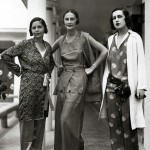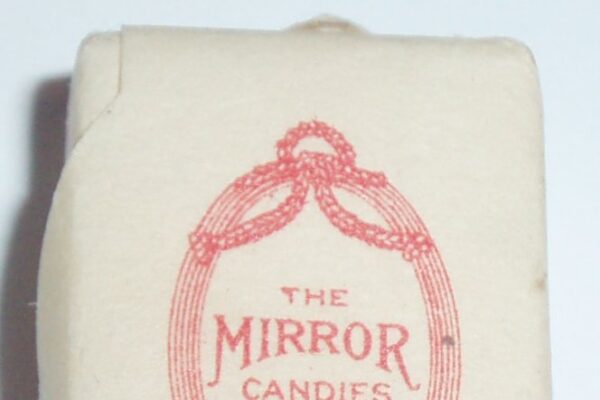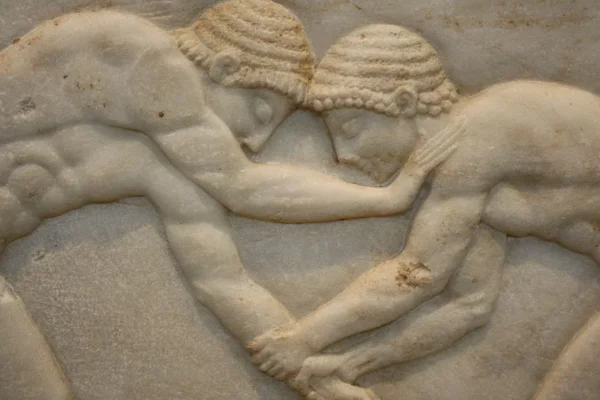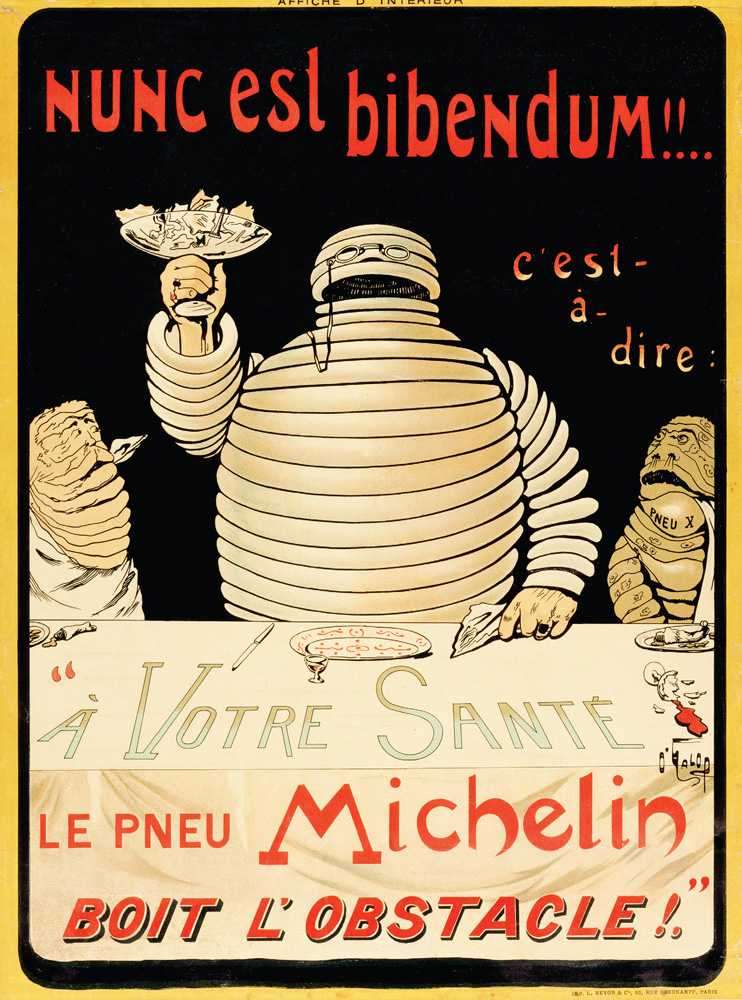
It actually makes a lot of sense. It’s also genius marketing. But really, how did the world’s most talented chefs and esteemed restaurants and come to be so concerned with the approval (and stars) of a company that sold rubber tires?
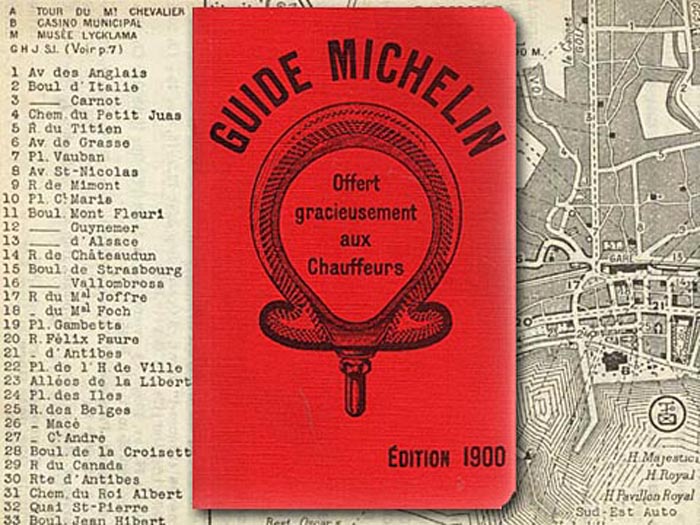
Let’s go back to the very first issue that Michelin published in 1900. At that time in France, there were only 3,000 cars on the road in all of France– then referred to as horseless carriage cars. Most of Michelin’s business at that time was making bicycle tires. Motorized cars would not become widely available to the masses until around 1908 when the Ford produced the Model T.
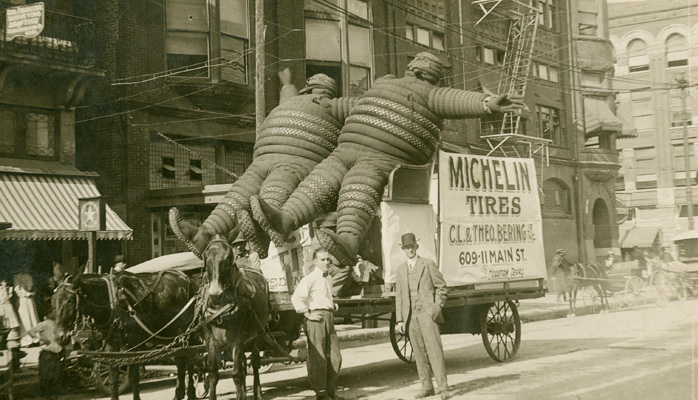
So, in order to increase demand for tires, the Michelin Brothers needed to increase the demand for cars. And of course, to boost a demand for cars, you would need to convince people of a reason to travel further afield. Enter the Michelin Guide.
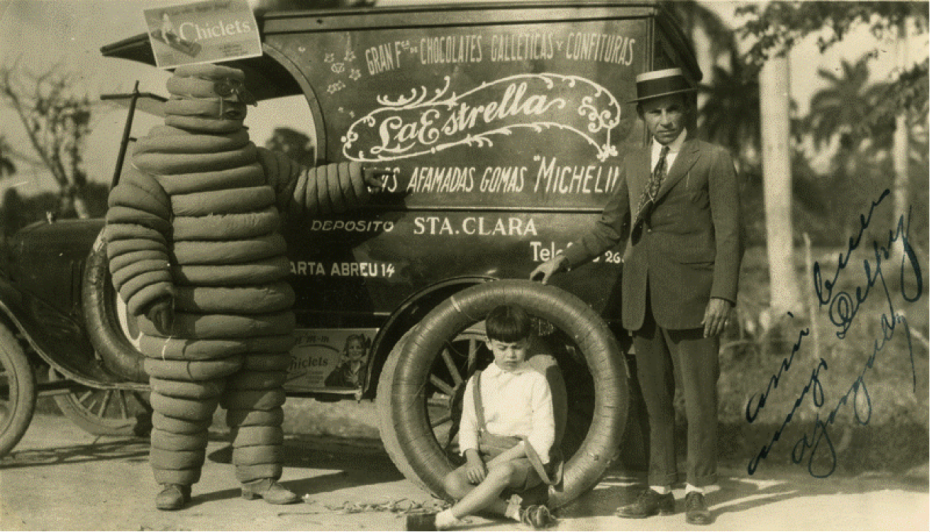
Essentially the guide was meant to be an attempt from Michelin to get people in their cars more and discover new places so that they would eventually come around to needing to buy more tires. Nearly 35,000 copies of the first edition was printed and given away free of charge. It contained useful information for travelling motorists, including tourist tips, petrol stations as well as maps and instructions for changing tires, of course.
Guides for Switzerland, Bavaria, the British Isles and “The Countries of the Sun” (North Africa, Italy, Corsia) soon followed.
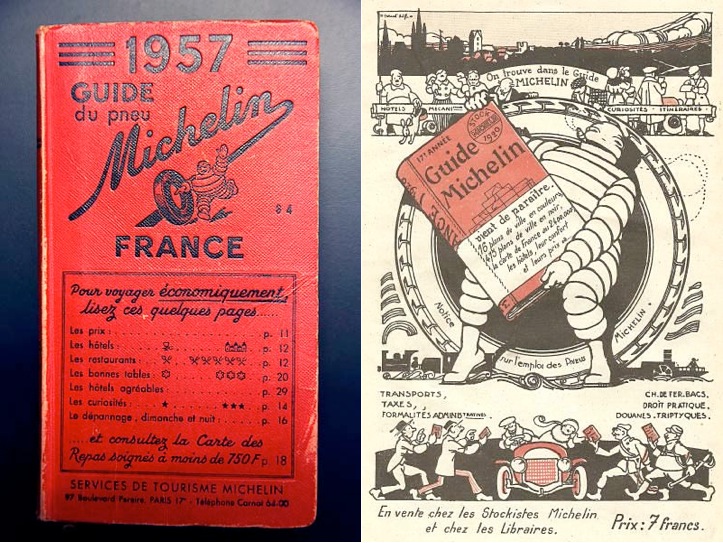
After the First World War, in 1920 Michelin began charging a price for the guide when, as the company recounts, André Michelin once visited a tire merchant and noticed copies of the guide being used to prop up a workbench. Based on the principle that “man only truly respects what he pays for,” the brothers decided to stop giving it away for free.

The guide became more complex, with restaurants and hotels listed by specific categories and soon enough, as the brothers recognised a growing interest in their restaurant guide, a team of anonymous inspectors were recruited to visit and review restaurants. Then in 1926 came the infamous Michelin stars. At first, there was only a single star awarded but in the 1930s, a hierarchy was introduced of one star for “a very good restaurant in its category, two stars for “excellent cooking, worth a detour” and three stars for “exceptional cuisine, worth a special journey”.
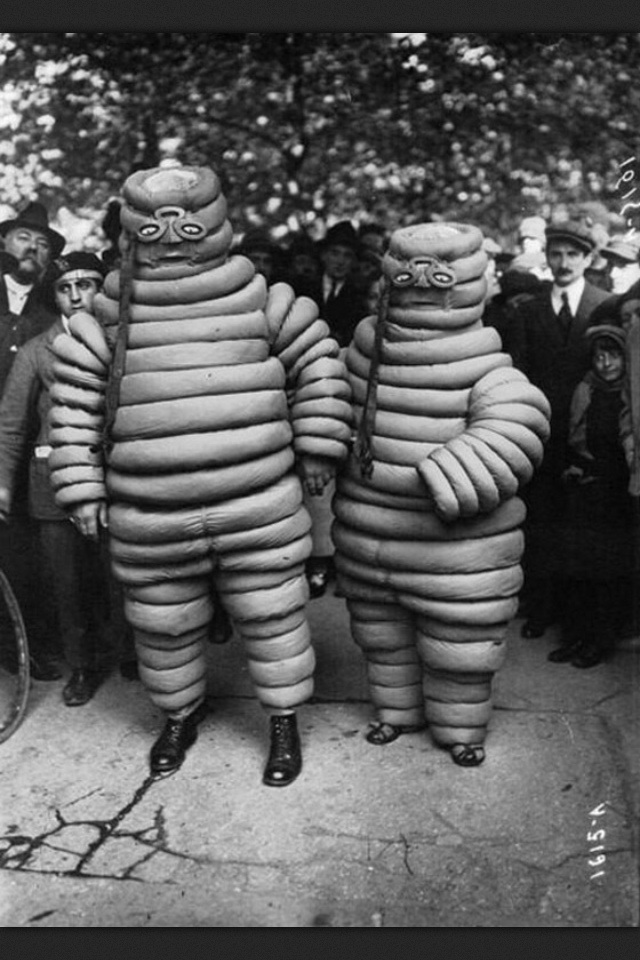
And that ladies and gents, is the story of how to get the world to start caring about your brand, even if you’re just selling rubber tires. Corporate branding at its best.




